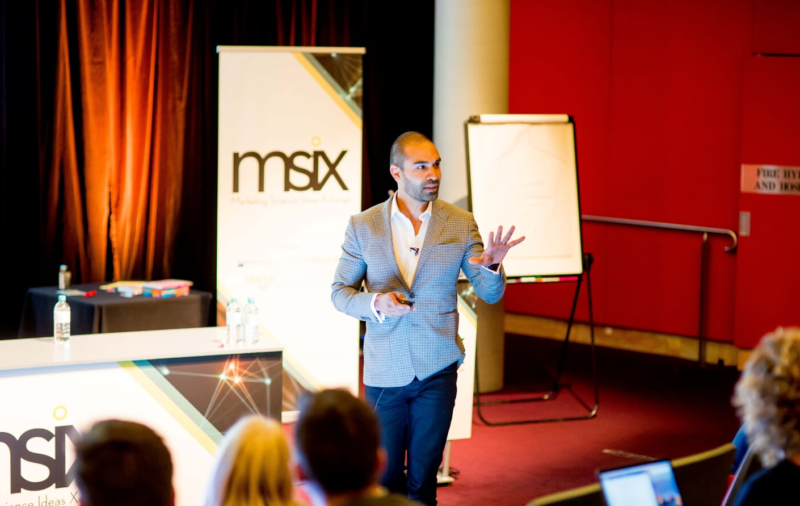Behavioural science needs a data-led fusion, says to Deakin University Associate Professor
Behavioural science needs a greater focus on the data that derives from it, giving organisations and clients a better chance at enabling powerful conversations, a Deakin University professor has claimed.
Johann Ponnampalam, co-founder of Decision Design and Associate Professor at Deakin University, explained at the Marketing Ideas Science Xchange conference the importance of leading with data.
“We have to lead with data, we can’t be heroic in thinking this is a go-at-it alone capability, we have to use the best of predictive analytics to find out who we need to train our behaviour change effort from for maximum social and commercial impact,” he said.


